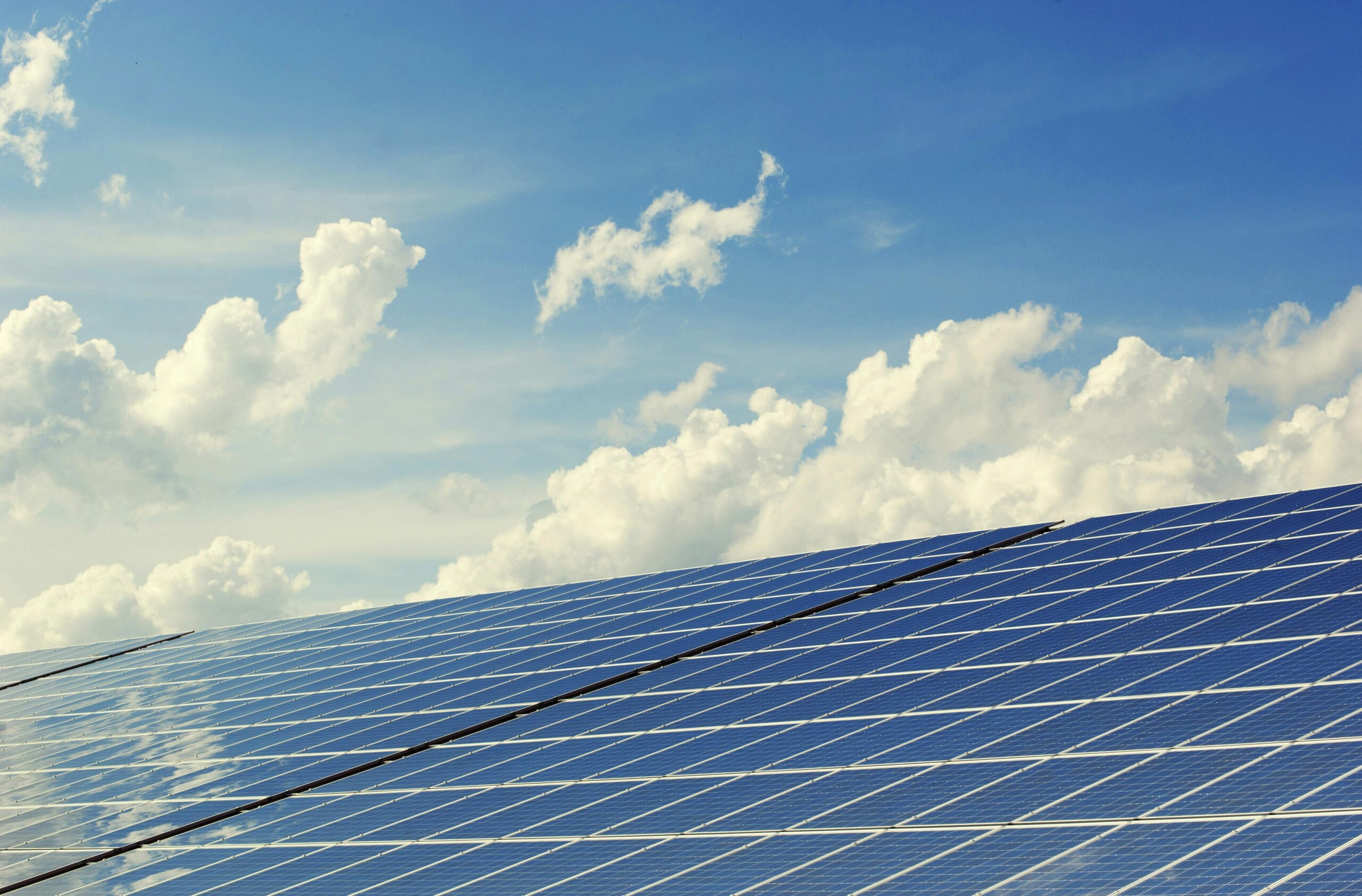The solar energy market in Brazil is experiencing significant growth, driven by the increasing demand for renewable energy sources and the decreasing prices of solar panels. China is the main supplier of these equipment, and despite the recent increase in import taxes, Brazil continues to import large volumes of panels.
Check out this text for a little more information on the subject.
Key points
• Exponential growth: The installed capacity of solar energy in Brazil has increased significantly in recent years, surpassing the 50 GW mark.
• Imports from China: Most of the solar panels used in Brazil are imported from China, which offers competitively priced products.
• Price reduction: Solar panel prices have fallen considerably in recent years, making solar energy an increasingly accessible option.
• Increase in import taxes: The Brazilian government has increased the tax on the import of solar panels, which may impact final prices for the consumer and the competitiveness of the sector.
• Import quotas: Import quotas have been established that exempt certain companies from the tax, but the current quota has already been exhausted.
Challenges
• Dependence on imports: The high dependence on imports from China exposes the Brazilian market to risks of supply instability and exchange rate fluctuations.
• Increased cost: The increase in import taxes can make solar energy systems more expensive and slow down the growth of the sector.
Outlook
• Promising market: Despite the challenges, the solar energy market in Brazil remains promising, driven by favorable public policies and the growing environmental awareness of the population.
• Development of the national industry: There is potential for the development of the national solar panel industry, but investments and specific public policies are needed to stimulate local production.
In summary, the solar energy market in Brazil is expanding but faces challenges related to imports and taxation. The future of the sector will depend on the government's ability to create a favorable environment for investment and on companies developing innovative solutions to reduce costs and increase the efficiency of solar systems.
Our Genco Eco Project
Carbon offsetting is a mechanism that allows the neutralization of greenhouse gas (GHG) emissions, mainly carbon dioxide (CO2), through the purchase of carbon credits. Together with ESALQ Junior Florestal, we created Genco Eco, our project that neutralizes carbon emissions in your imports.
Benefits of choosing carbon offsetting
- Mitigation of climate change;
- Incentive for environmental projects;
- Visibility;
- Ease of joining;
- Low cost.
Interested? Contact our team and choose to import sustainably!




